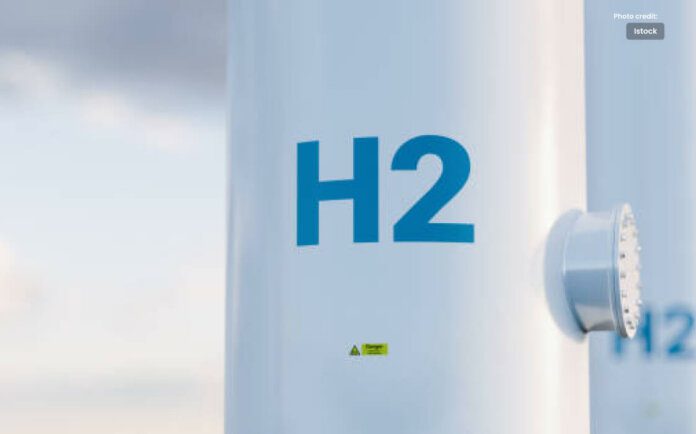Hydrogen, a green energy prospects, charts our sustainable’s future.
As a versatile element, hydrogen offers tremendous potential for transforming various sectors, including transportation, electricity generation, and industrial processes.
In this blog, we will explore the use of H2, its benefits, and the advancements being made in harnessing this remarkable resource.
The Power of Hydrogen in Transportation:
One of the most significant applications of hydrogen lies in the realm of transportation. With zero greenhouse gas emissions and the ability to store large amounts of energy, H2 fuel cells have the potential to revolutionize the automotive industry.
Hydrogen-powered vehicles offer several advantages, including longer driving ranges and faster refueling times compared to electric vehicles.
Moreover, H2 can also be used to power trains, buses, and even ships, making it a versatile solution for decarbonizing various modes of transport.
Hydrogen’s Role in Decentralized Energy Production:
Renewable energy sources, such as wind and solar, often face intermittency issues, limiting their ability to provide consistent power.
Hydrogen can play a crucial role in addressing this challenge by acting as an energy storage medium.
Excess electricity generated from renewables can be used to produce H2 through electrolysis, allowing for efficient storage and utilization during periods of high demand or when renewable sources are not available.
This decentralized approach to energy production can enhance grid stability and facilitate the integration of renewable sources into existing energy systems.
Hydrogen in Industry and Manufacturing:
Hydrogen’s versatility extends beyond transportation and energy storage. It also has the potential to transform industrial processes and manufacturing.
For instance, H2 can be used as a feedstock in the production of chemicals, such as ammonia, methanol, and synthetic fuels.
By replacing traditional fossil fuel-based processes, H2 can significantly reduce carbon emissions in these sectors.
Additionally, hydrogen-based fuel cells can power heavy machinery, reducing the reliance on diesel or gasoline and reducing emissions in industrial operations.
Challenges and Future Outlook:
While hydrogen holds tremendous promise, there are challenges to overcome before its widespread adoption.
The production of H2 through electrolysis requires significant energy input, which must come from renewable sources to ensure a low-carbon footprint.
Additionally, the infrastructure for hydrogen distribution and refueling stations needs to be developed further to support the growing demand.
However, efforts are underway to address these challenges. Governments and private entities are investing in research and development, infrastructure, and policy incentives to promote the use of H2.
Advancements in hydrogen production technologies, such as advanced electrolysis and carbon capture, are also being pursued to enhance efficiency and reduce costs.
Conclusion:
The use of H2 represents a promising pathway toward a sustainable and clean energy future.
Its applications in transportation, decentralized energy production, and industrial processes have the potential to significantly reduce carbon emissions and mitigate the impacts of climate change.
However, achieving a hydrogen-based society requires collaborative efforts from governments, industries, and researchers to address technical, economic, and infrastructural challenges.
By harnessing the power of H2 and investing in its development, we can unlock a multitude of benefits, including reduced dependence on fossil fuels, improved air quality, and a more resilient energy system.
As we continue to innovate and overcome hurdles, hydrogen is poised to play a vital role in shaping a greener and more sustainable world for future generations.




